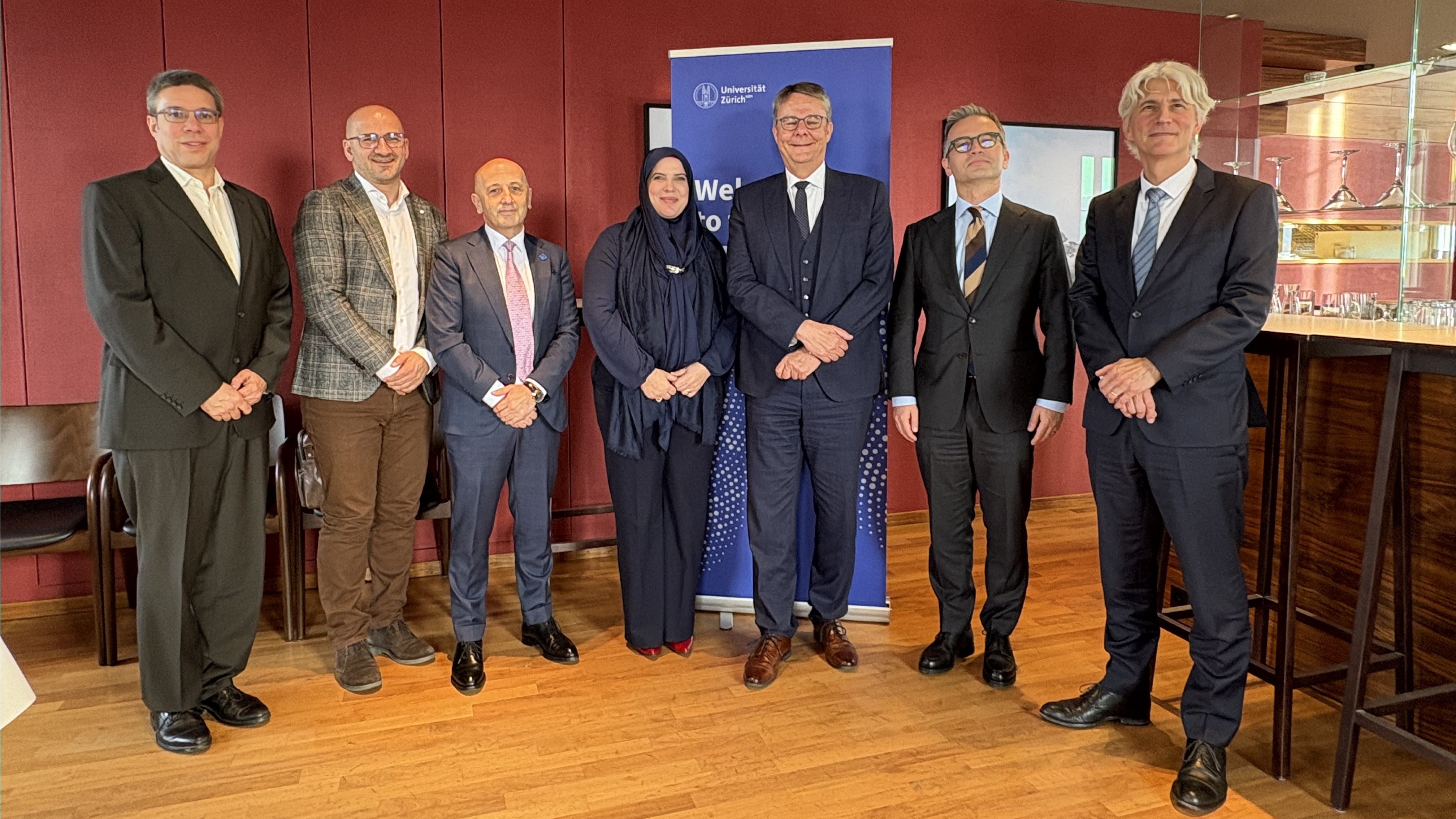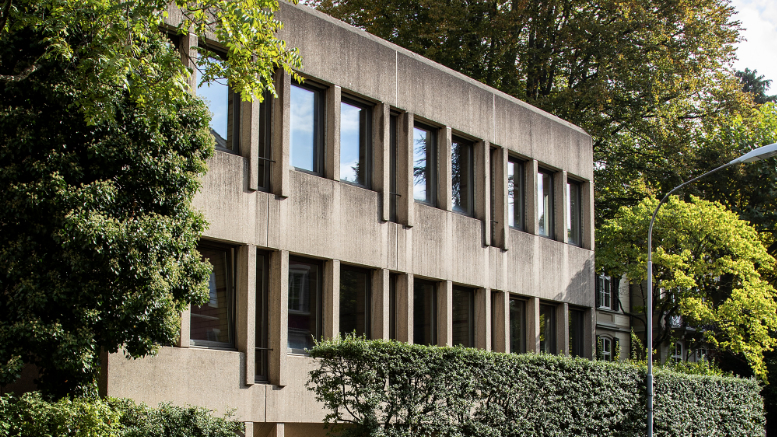UZH Welcomes Representatives from Kosovo and North Macedonia
The embassies of the Republic of Kosovo and the Republic of North Macedonia visited the University of Zurich (UZH) for an insightful exchange with UZH President Michael Schaepman and representatives from across the university.

The visit was attended by H.E. Mentor Latifi, Ambassador of the Republic of Kosovo and Ms. Valmira Sela Sopa, Deputy Head of Mission of the Republic of North Macedonia, who represented Ambassador H.E. Rexhep Demiri. President Michael Schaepman was joined by UZH representatives whose diverse academic and professional backgrounds enriched the dialogue. The meeting fostered a productive discussion, highlighting shared interests and outlining possibilities for future collaboration.
Students and academic connections
Beyond academic collaboration, UZH benefits from vibrant student networks. Shoqata Studenti, a student association for Albanian students and those interested in Albania, organizes events, outings, and networking opportunities, often in cooperation with UZH faculties and departments. Recently, the Center for Legislative Studies at UZH and Shoqata Studenti held an event, “Transnational Democracy: Political Participation Rights of the Albanian Diaspora,” featuring a panel discussion that included H.E. Mentor Latifi, Ambassador of the Republic of Kosovo.
Looking to the future
The Department of Slavonic Studies at UZH, Switzerland’s largest academic center dedicated to Slavic languages, literatures, and cultures, also includes the study and teaching of Albanian language. In 2026, it will merge with theCenter for Eastern European Studies (CEES) to form the Institute for Slavic and East European Studies (ISOS). This new institute will serve as an interdisciplinary hub for research and teaching on Eastern, East-Central, and Southeastern Europe, as well as the post-Soviet region. While existing programs, such as Albanian language courses, will continue, East European Studies will expand with a stronger interdisciplinary profile. Over the next four years, ISOS will focus on three major research priorities: disinformation and propaganda; migration, exile, and multilingualism; and global energy policy. To stay informed about ISOS developments, please visit their website (German only).
Sophie Nakajima

